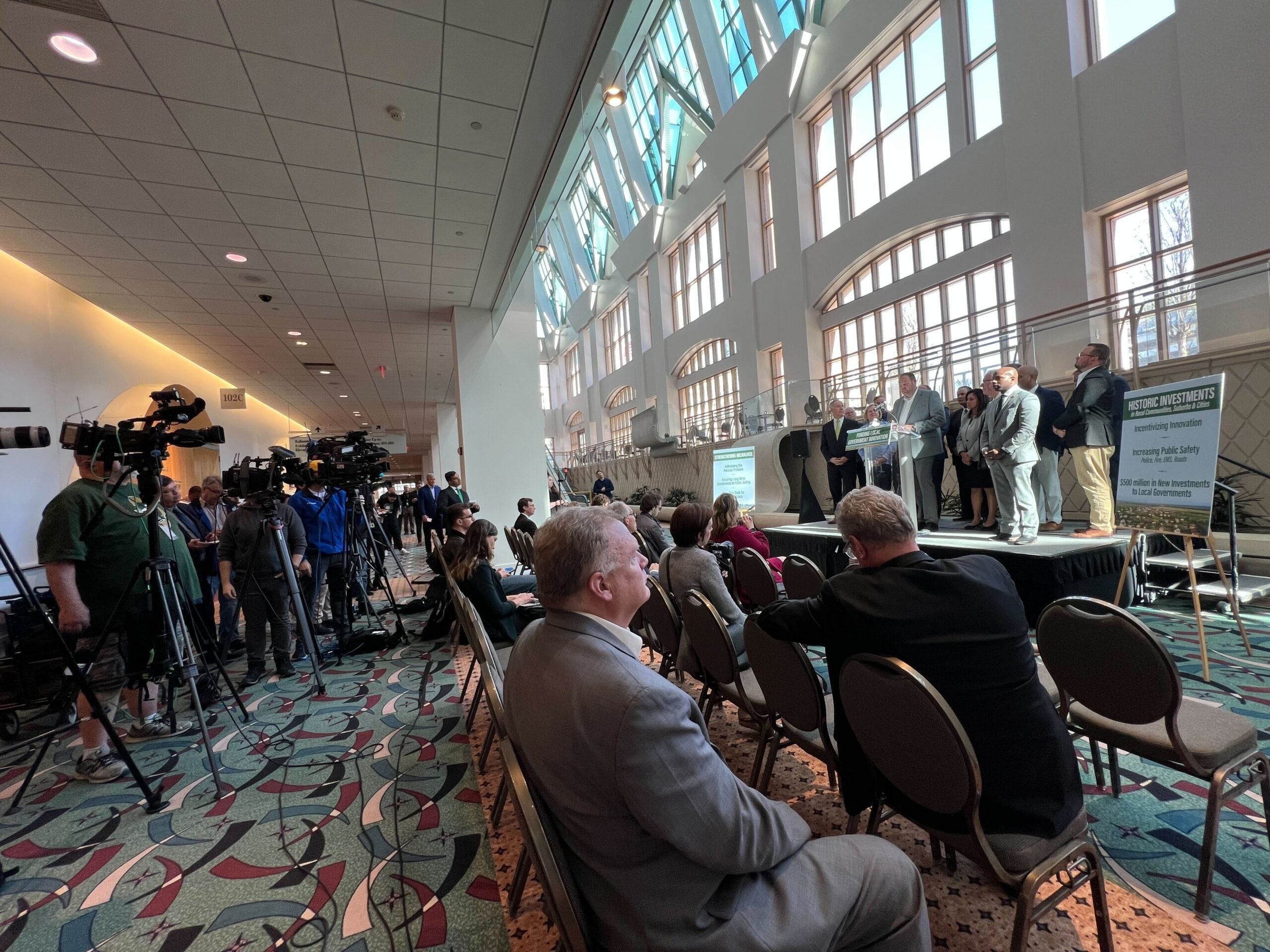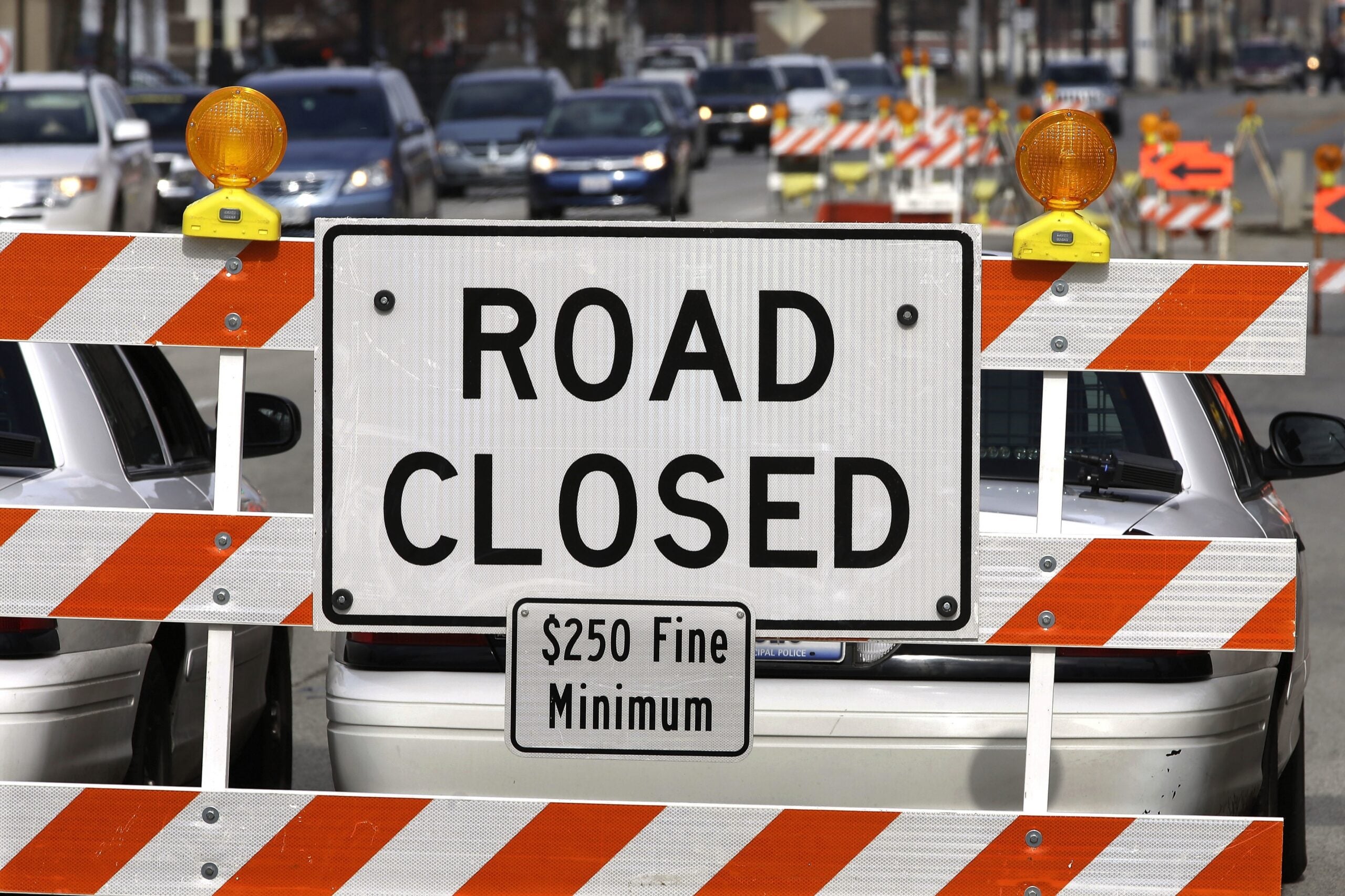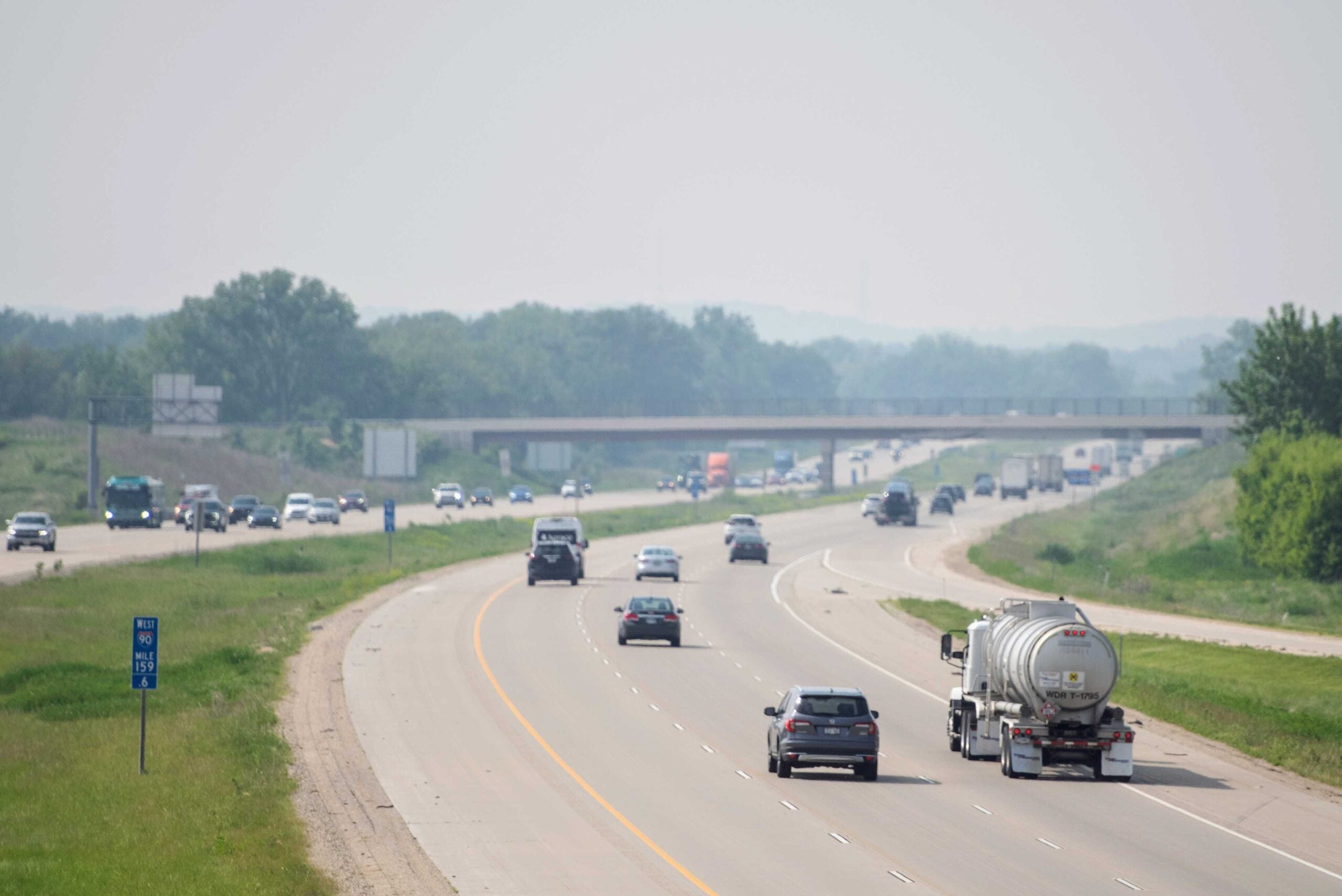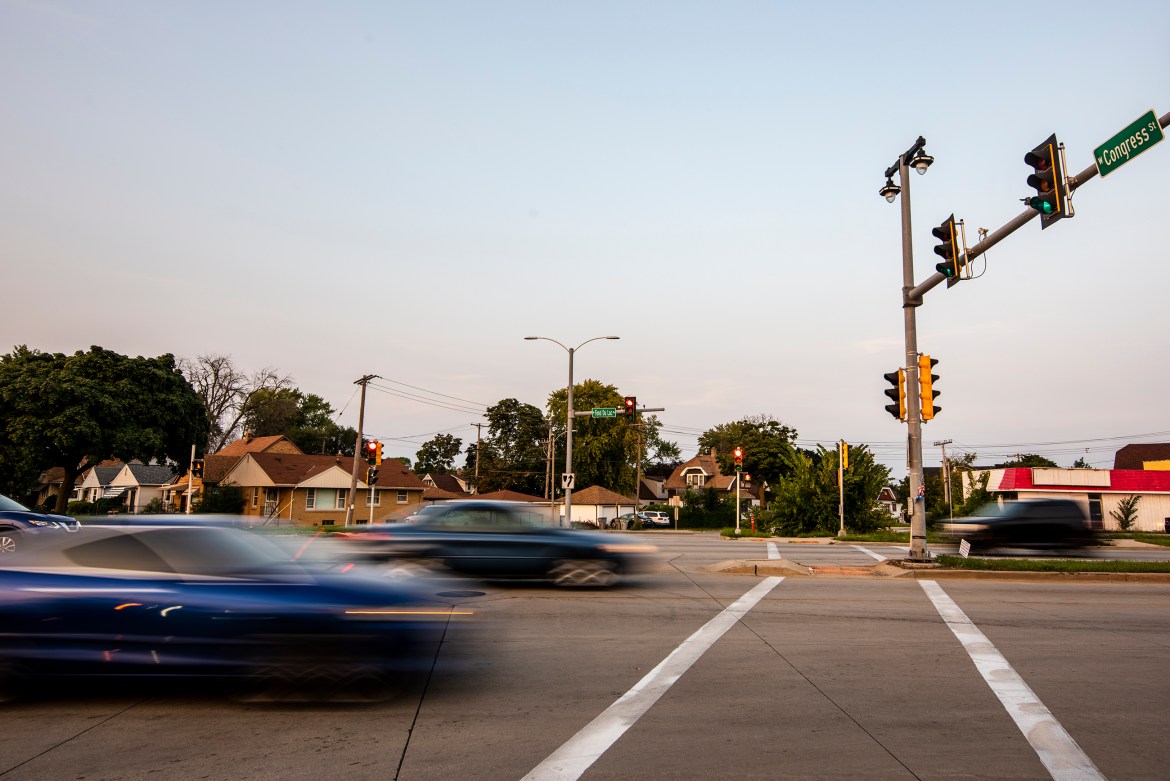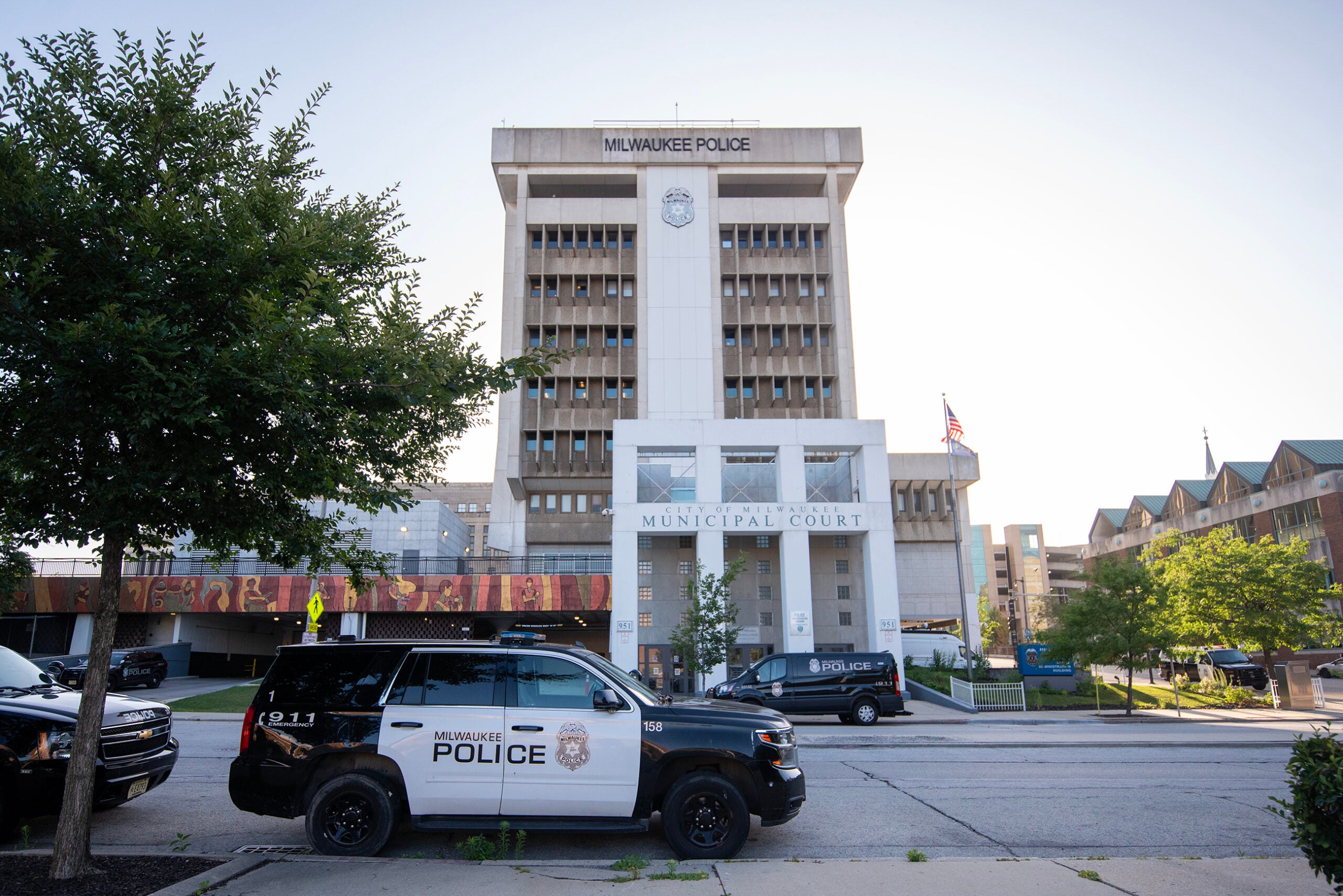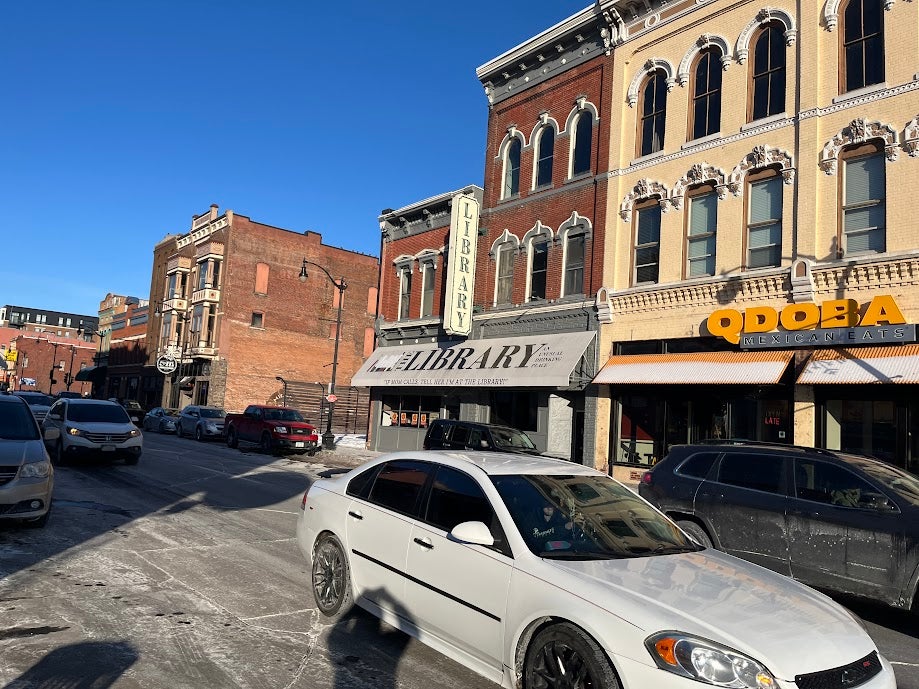Republicans in the Wisconsin Assembly released the broad strokes of a plan Thursday that would increase state funding for communities throughout Wisconsin and let the city of Milwaukee and Milwaukee County increase local sales taxes.
While the proposal bears similarities to one Gov. Tony Evers introduced as part of his budget, it would place far more restrictions on local governments, requiring them to use the funds on expenses like police, firefighters and emergency medical services.
Details of the plan were still being worked out, according to Assembly Republicans, and the Senate’s top GOP leader stopped short of endorsing the proposal. Some Democrats criticized the plan’s infringement on local control. A spokesperson for Evers declined to comment.
News with a little more humanity
WPR’s “Wisconsin Today” newsletter keeps you connected to the state you love without feeling overwhelmed. No paywall. No agenda. No corporate filter.
But the plan received praise from Milwaukee leaders and other local government representatives throughout the state, who called it the first time in a generation that there was serious momentum toward addressing the state’s outdated shared revenue formula.
“This will be a monumental change in how we do government,” said Wisconsin Towns Association President Jerry Derr at a state Capitol news conference endorsing the plan Thursday morning
At a Milwaukee press conference Thursday afternoon, Milwaukee Mayor Cavalier Johnson said the plan would help his city begin to remedy its fiscal challenges.
“Fundamentally, there is an understanding that Milwaukee’s future is important to the entire state of Wisconsin,” Johnson said.
According to GOP backers of the proposal, it would give every community at least a 10 percent increase in state funding.
It would be paid for by 20 percent of the state’s sales tax, meaning that as tax revenue grows in future years, local government funding would grow with it. Evers proposed the same funding mechanism in his budget but with fewer strings attached.
Republicans said the plan would increase funding for counties by $50 million and for towns, villages and cities by another $176 million. New funding would have to be spent on “core services,” which would include police, fire protection, emergency medical services, emergency response, communications, public works and transportation.
At an earlier press conference at the state Capitol, Rep. Tony Kurtz, R-Wonewoc, said that under a new formula in the works, some communities would see a larger funding increase than others. Kurtz said that would offset funding he felt they missed out on under the current shared revenue formula, which has reduced state funding to local governments over the past two decades.
“Those communities that were — in my humble opinion — kind of left behind with that formula, they’re going to see a bigger bump,” Kurtz said at a state Capitol press conference Thursday morning.
While details of the new formula were not released Thursday, Assembly Speaker Robin Vos, R-Rochester, hinted Thursday afternoon that it would be favorable to smaller communities.
“The shared revenue formula, as it was developed quite a while ago, has an outdated notion that only cities deliver services,” Vos said.
The proposal would also set aside a one-time pot of $300 million to incentivize local governments to find ways to share their services.
The Milwaukee elements of the plan would let the city institute a two-percent sales tax and let the county boost its sales tax by .375 percent to retire pension debt. Those increases would need to be approved by voters first.
It would need to pass both houses of the Legislature and be approved by Evers to become law, and while Senate Republicans have been involved in negotiations, they did not come out in support of it.
“Over the last few months there have been substantive, good-faith negotiations between both houses of the legislature and local government stakeholders from across the state,” read a written statement from Senate Majority Leader Devin LeMahieu, R-Oostburg. “The Assembly announcement today is the product of those negotiations; however the final details are still being worked out.”
Bipartisan support and opposition
At least one prominent Republican came out strongly against the proposal. Waukesha County Executive Paul Farrow, the former state GOP chair who recently served in the Senate, said the proposal unfairly punished counties like his.
“Today, Assembly Republicans handed many Democrats exactly what they’ve wanted, a bailout of Milwaukee’s out of control pension fund in the form of sales tax increase of the City of Milwaukee and Milwaukee County,” read a written statement from Farrow.
Farrow said the new plan did not give Waukesha County what it needs to pay for growing expenses needed to fight crime and fix roads.
“Making matters worse, the plan attaches just enough strings to tie our hands and prevent us from using the funds in the best way possible.”
In addition to spelling out what new funding in the plan could be used for, the proposal would also spell out what’s off limits, particularly in Milwaukee.
The city would be banned from using shared revenue to pay for its streetcar under the proposal. It would also change the structure of Milwaukee’s police and fire commissions.
“I think we all agree that we want more shared revenue,” said Rep. Ryan Clancy, D-Milwaukee. “But the idea that you would pair that with an attack on our autonomy for us to spend our dollars as we see fit … is really gross.”
While Republicans can pass the plan without support from Democratic lawmakers, Evers’ support will be critical. A spokesperson for Evers did not comment on the plan after Republicans released more details Thursday afternoon.
This is hardly the first time local governments have sounded the alarm about local funding, which has declined over the past two decades. Vos said this time around is different, partly because of inflationary pressures on local governments and partly because it’s getting tougher for them to pay for emergency medical services.
“We need to have someone who is going to answer 9-1-1,” Vos said.
Republicans said details of the plan would be released in the next couple weeks.
WPR’s Evan Casey contributed reporting to this story.
Wisconsin Public Radio, © Copyright 2025, Board of Regents of the University of Wisconsin System and Wisconsin Educational Communications Board.

